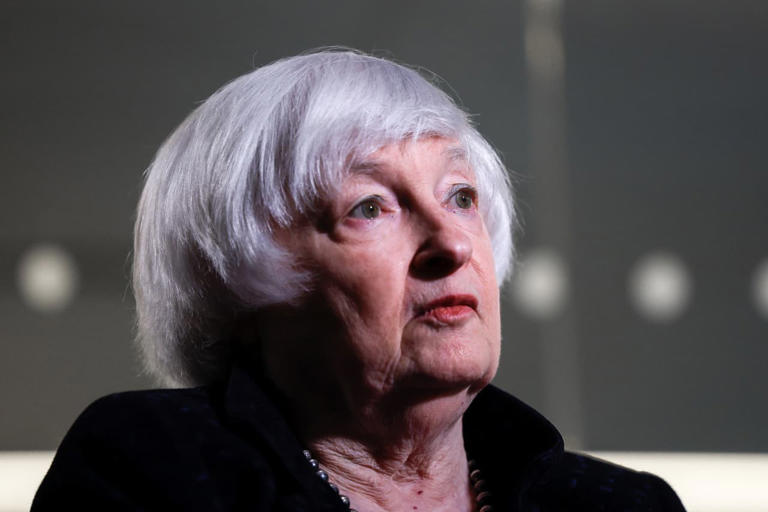The proposal for a 2% wealth tax on the world’s billionaires, put forth by economic ministers from Germany, Spain, Brazil, and South Africa, marks a significant development in the ongoing debate over income inequality and fiscal redistribution. This proposal, if implemented, would represent a substantial shift in global taxation policy, with far-reaching implications for both billionaires and the broader global economy.
Proponents of the wealth tax argue that it would serve as a means to boost social justice and increase trust in fiscal redistribution efforts. They estimate that such a tax could generate approximately $250 billion annually from around 3,000 billionaires worldwide. However, critics raise concerns about the practicality and fairness of such a tax, particularly regarding its potential impact on American billionaires, who constitute a significant portion of the global billionaire population.
Moreover, the proposal raises questions about representation and democratic legitimacy, as it would effectively involve global elites imposing taxation without the approval of national governments or legislative bodies. This aspect of the proposal has sparked debate over the role of multinational institutions such as the G-20 in shaping global tax policy and its implications for national sovereignty.
The proposal also highlights broader tensions within the G-20, with some member countries advocating for more aggressive measures to address income inequality and others expressing skepticism or opposition. The Biden administration’s stance on the proposal remains uncertain, as it navigates its own domestic policy priorities and international commitments.
Furthermore, the proposal reflects a broader trend towards greater multilateralism and cooperation on global economic issues, with some viewing it as a necessary step towards addressing the challenges of an increasingly interconnected and interdependent world. However, others caution against the potential pitfalls of ceding too much power to multilateral institutions and the risk of unintended consequences.
Overall, the proposal for a global wealth tax represents a significant development in the ongoing debate over income inequality and fiscal redistribution, with implications for billionaires, governments, and the global economy as a whole. As discussions continue within the G-20 and other international forums, the outcome of these deliberations will shape the future of global tax policy and economic governance.
